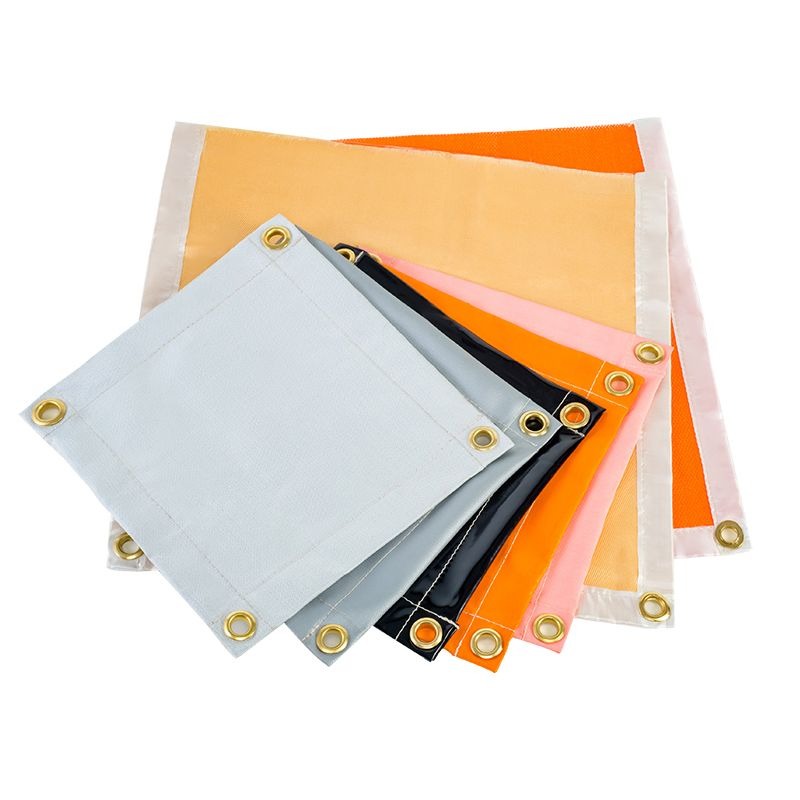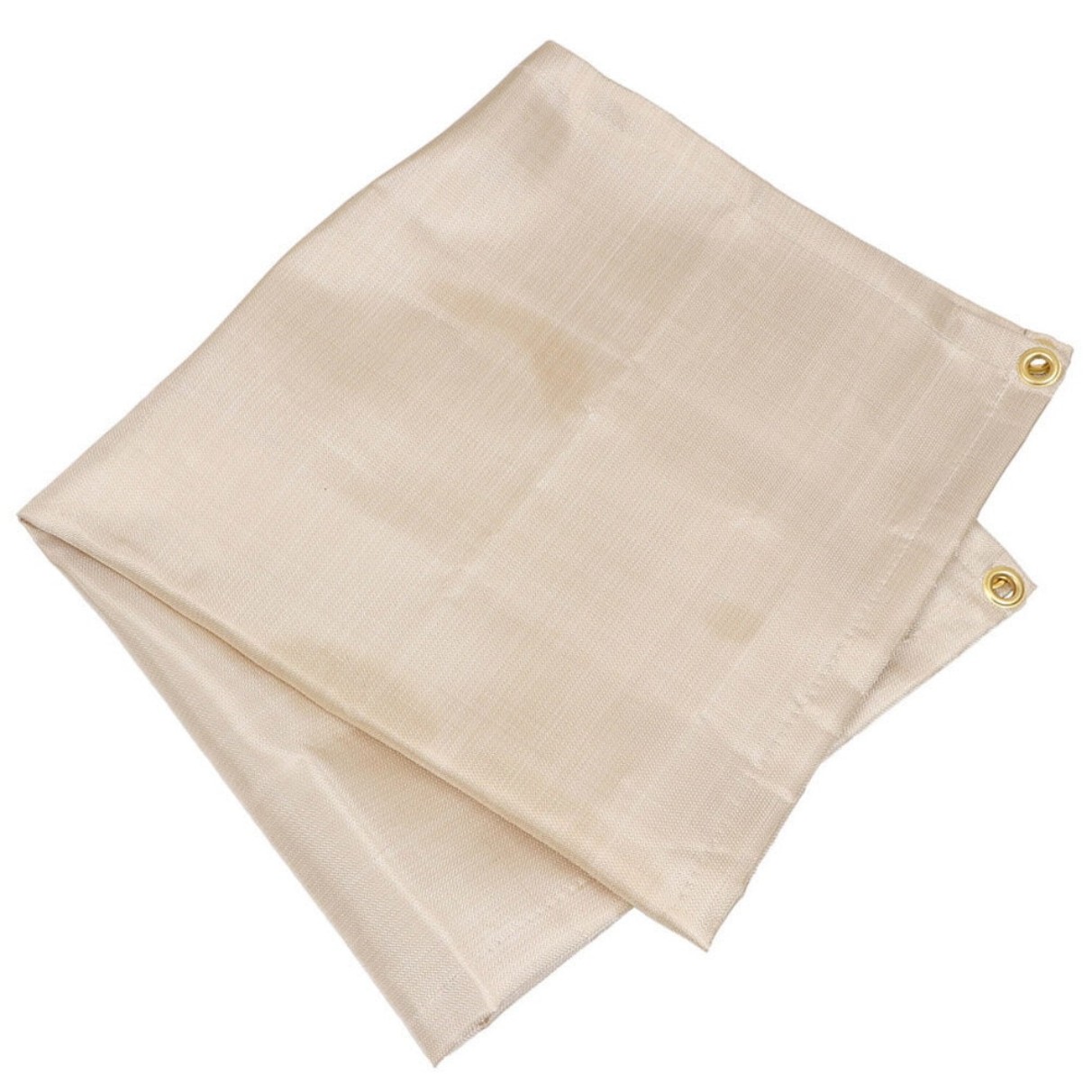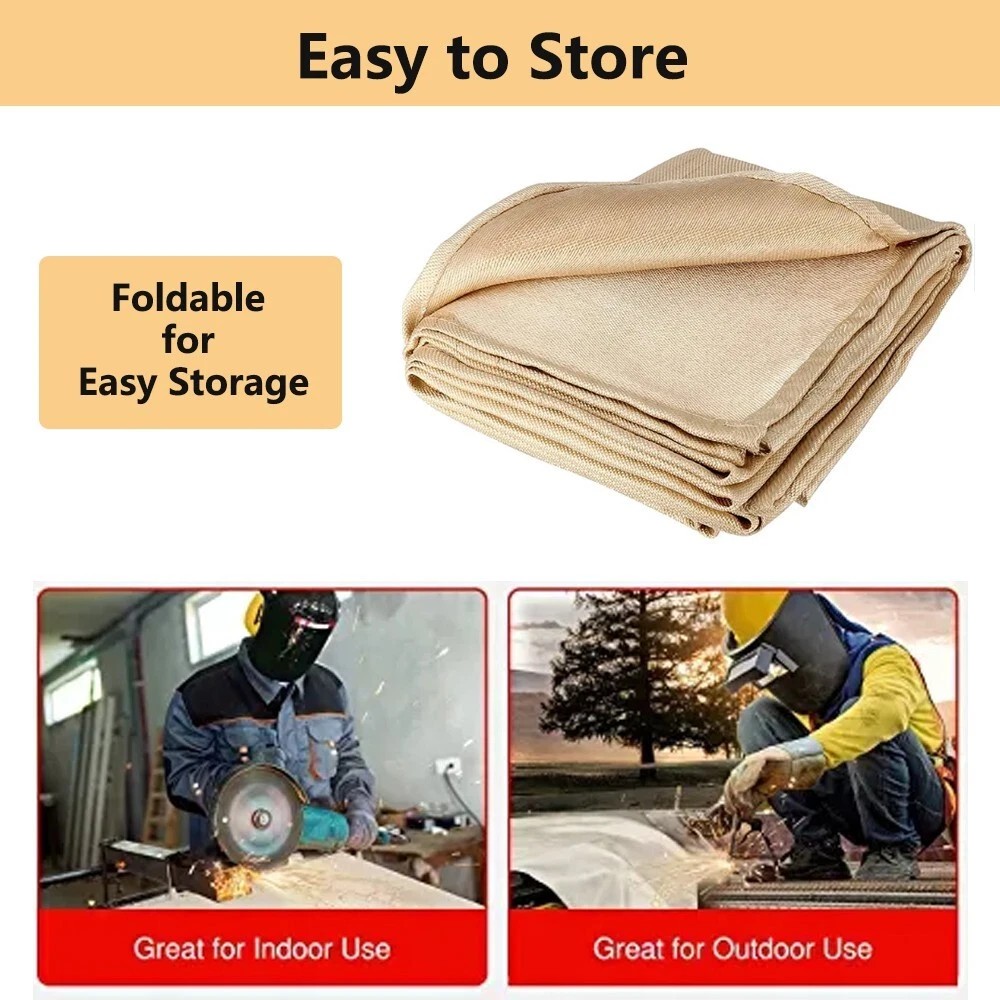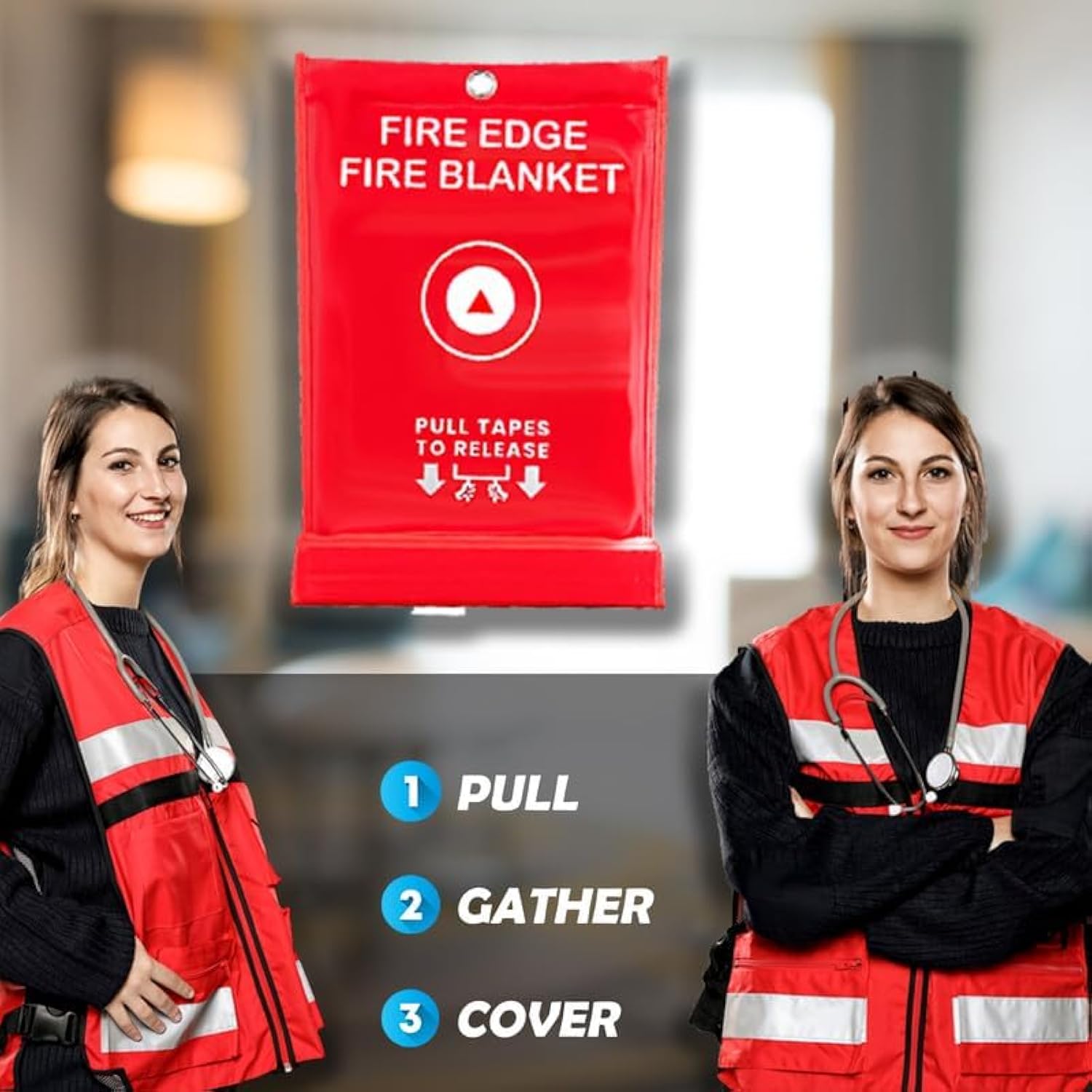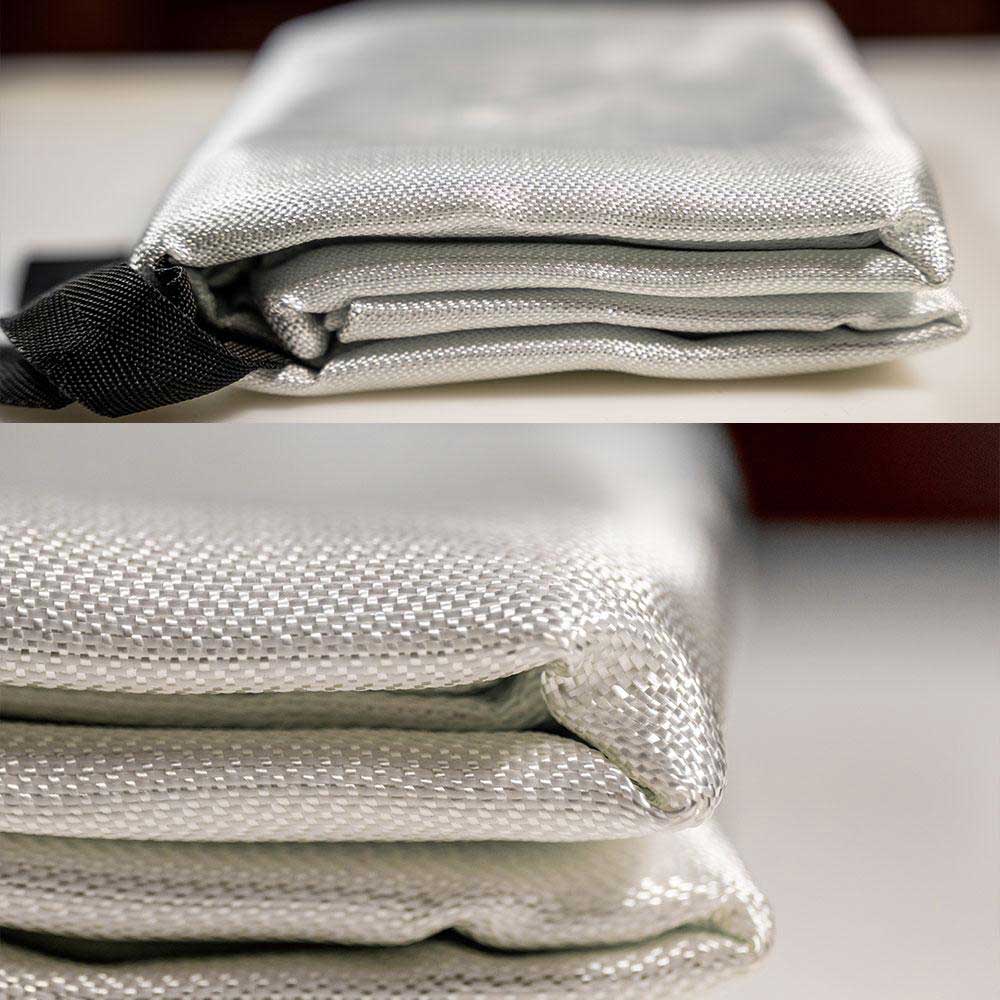
Heating Blanket Fire Hazard: Safety Tips to Prevent Risks
Summary:Heating blankets can cause fires if used improperly. This article explains common fire hazards, how to prevent them, and what to do if your blanket overheats. Follow these safety tips to stay warm without risk.
Understanding Heating Blanket Fire Hazards
Heating blankets provide comfort but can become dangerous if damaged or misused. The fire hazard comes from electrical malfunctions, overheating, or improper storage. Older blankets pose higher risks as wiring degrades over time. Always check for recalls and inspect your blanket regularly.
Common Causes of Heating Blanket Fires
Several factors contribute to heating blanket fire hazards:
- Frayed wires:Exposed wiring can spark and ignite fabrics
- Overheating:Leaving blankets on high settings for too long
- Folded use:Trapping heat by folding or bunching the blanket
- Old age:Blankets over 10 years old have higher failure rates
- Pet damage:Chewed cords or controls create hazards
How to Prevent Heating Blanket Fires
Reduce your risk with these precautions:
- Always follow manufacturer instructions
- Never sleep with a heating blanket turned on
- Don't place heavy objects on the blanket while in use
- Inspect for damage before each use
- Use a timer or auto-shutoff feature
- Store flat or loosely rolled when not in use
- Replace blankets showing wear or over 10 years old
What to Do If Your Blanket Overheats
If you notice burning smells, hot spots, or sparks:
- Unplug the blanket immediately
- Don't touch hot areas - let it cool
- Check for burns or melted fabric
- Discontinue use if any damage appears
- Report safety issues to the manufacturer
Choosing a Safe Heating Blanket
When shopping, look for these safety features:
- UL or ETL certification marks
- Automatic shutoff after 2-3 hours
- Overheat protection sensors
- Dual controls for separate heating zones
- Newer models with modern safety standards
Proper Maintenance Reduces Fire Risks
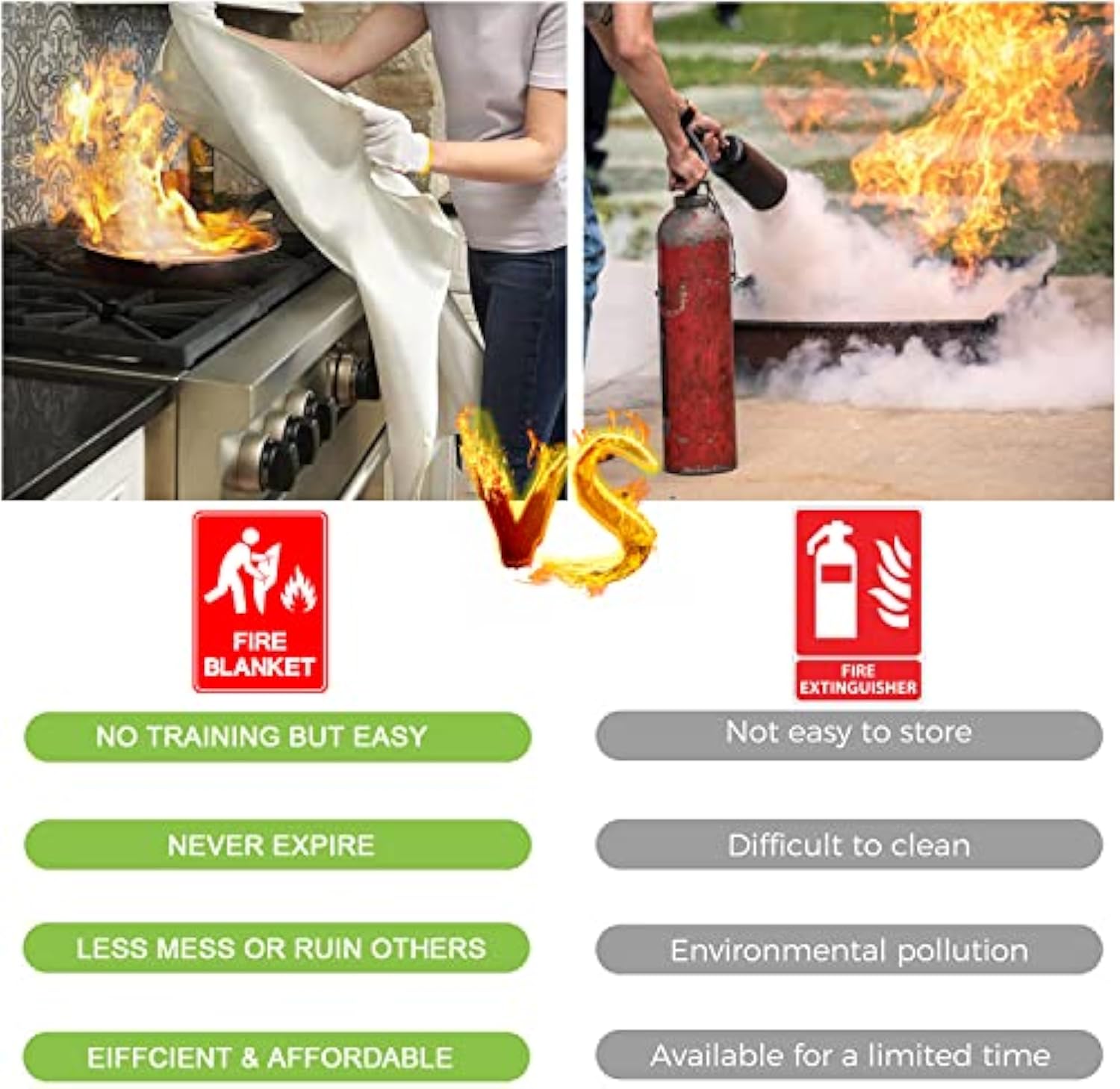
Extend your blanket's safe lifespan with proper care:
Wash according to instructions - usually gentle cycle, no bleach. Never wring or twist the blanket. Dry flat or hang to dry completely before use. Store in a cool, dry place away from sharp objects that could damage wiring.
When to Replace Your Heating Blanket
Consider replacement if you notice:
- Flickering lights when plugged in
- Inconsistent heating
- Discolored or stiffened fabric
- Damaged controls or cords
- More than 10 years old
By understanding heating blanket fire hazards and following these safety practices, you can enjoy warmth without unnecessary risk. Always prioritize safety over convenience with electric bedding.



